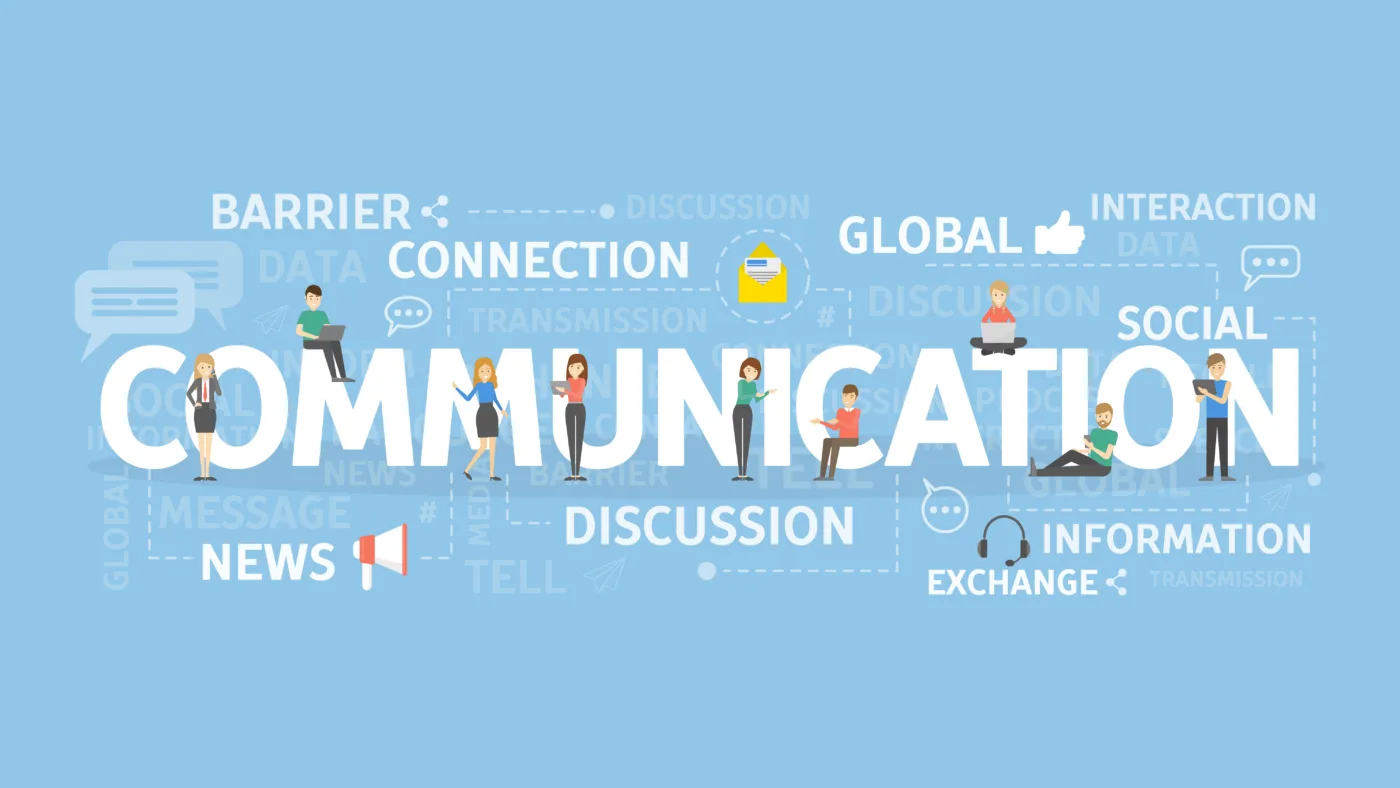Subtotal: ₹312.00
Blog Posts
How to Improve Communication Skills
Unlocking Success: A Comprehensive Guide on How to Improve Communication Skills
Communication is the cornerstone of success, influencing every facet of our lives. Whether in professional pursuits or personal relationships, effective communication is the key that opens doors to opportunities and builds meaningful connections. In this guide, we’ll embark on a journey to enhance your communication skills, providing actionable tips and insights to empower you on your path to becoming a confident and articulate communicator.
Understanding the Importance of Communication Skills
Before we dive into the strategies, let’s grasp why communication skills matter. Communication is not just about the words we speak; it encompasses body language, tone, gestures, and the overall presentation. It’s a holistic approach to expressing ourselves, ensuring that our message is not only heard but truly understood.

The Foundation: Confidence and Attitude
1. Boosting Confidence Through Communication
Communication and confidence go hand in hand. When you commit to improving your communication skills, you engage in activities that broaden your knowledge and enhance your abilities. Reading books, gaining knowledge, and learning new skills contribute to a sense of well-being, fostering confidence.
2. Accomplishments Through Effective Communication
Every workplace thrives on communication. Whether it’s writing emails or delivering presentations, your communication skills play an important role in your professional accomplishments. The same holds true for academic settings where presentations, essays, and assignments are avenues to showcase your communication powers.
3. Breaking Stereotypes and Building Attitude
Great communication has the power to break stereotypes and influence people. Leaders are often distinguished by their exceptional communication skills, capable of changing perceptions and shaping opinions.
Attitude, a critical component of effective communication, is not limited to words; it encompasses body language, tone, and gestures.
Practical Strategies for Improvement
4. Visualization
Transform your reading experience by creating mental images of the material. Visualization not only enhances memory but also aids in better understanding. Picture the information vividly, turning words into impactful mental images.
5. Making Connection
Relate the text to your personal experiences or existing knowledge. Making connections adds depth and meaning to the material. Identify similarities, differences, or patterns that resonate with your own life or understanding.
6. Note-Taking for Effective Comprehension
Taking good notes while reading is essential for comprehension and retention on how to improve communication skills . Jot down key points, summaries, and note any questions or reflections that arise during your reading. These notes serve as valuable resources for reviewing and reinforcing material later.
7. Post-Reading Reflection
After finishing reading, take some time to identify the main ideas or key takeaways. This reflective practice solidifies your understanding and aids memory retention. Look for recurring themes, central arguments, or supporting evidence.
Unlocking Personal and Professional Relationships
8. Building Professional Relationships
Communication not only matters in building professional relationships but also in personal Lives. Effective communication reduces barriers and fosters a conducive environment for trust, loyalty, honesty, compromise, and respect – the pillars of any successful relationship.
9. Bridge the Generation Gap
Lack of communication often results in a generation gap. By fostering a communication style that seeks understanding rather than argumentation, we can bridge this gap. Communicating to comprehend rather than to prove a point is the key to reduce misunderstandings.
Embracing a Lifelong Skill
10. Continuous Improvement
Communication is a lifelong skill that impacts every stage of our lives. From childhood to adulthood, communication plays a pivotal role in our personal, professional, and social lives. The ability to communicate effectively not only builds confidence but also contributes to the quality of life.
11. Language Neutrality
Communication is not restricted to any specific language. It transcends linguistic boundaries, encompassing attitude, confidence, choice of words, and overall self-presentation. Don’t limit your communication by language; instead, recognize it as a universal skill that propels you toward success.
Conclusion: Empower Your Journey with Effective Communication
In conclusion, improving your communication skills is a transformative journey that leads to enhanced confidence, successful accomplishments, and meaningful relationships. By embracing a holistic approach that includes verbal and non-verbal elements, you unlock the power to express yourself with clarity and impact. Communication is not just a skill; it’s a lifelong companion on your journey to success. So, embark on this journey today, and witness the positive changes it brings to your personal and professional life.

 Company Accounts By Bimal Jaiswal And Leena S Shimpi BCom 2 Sem
Company Accounts By Bimal Jaiswal And Leena S Shimpi BCom 2 Sem 